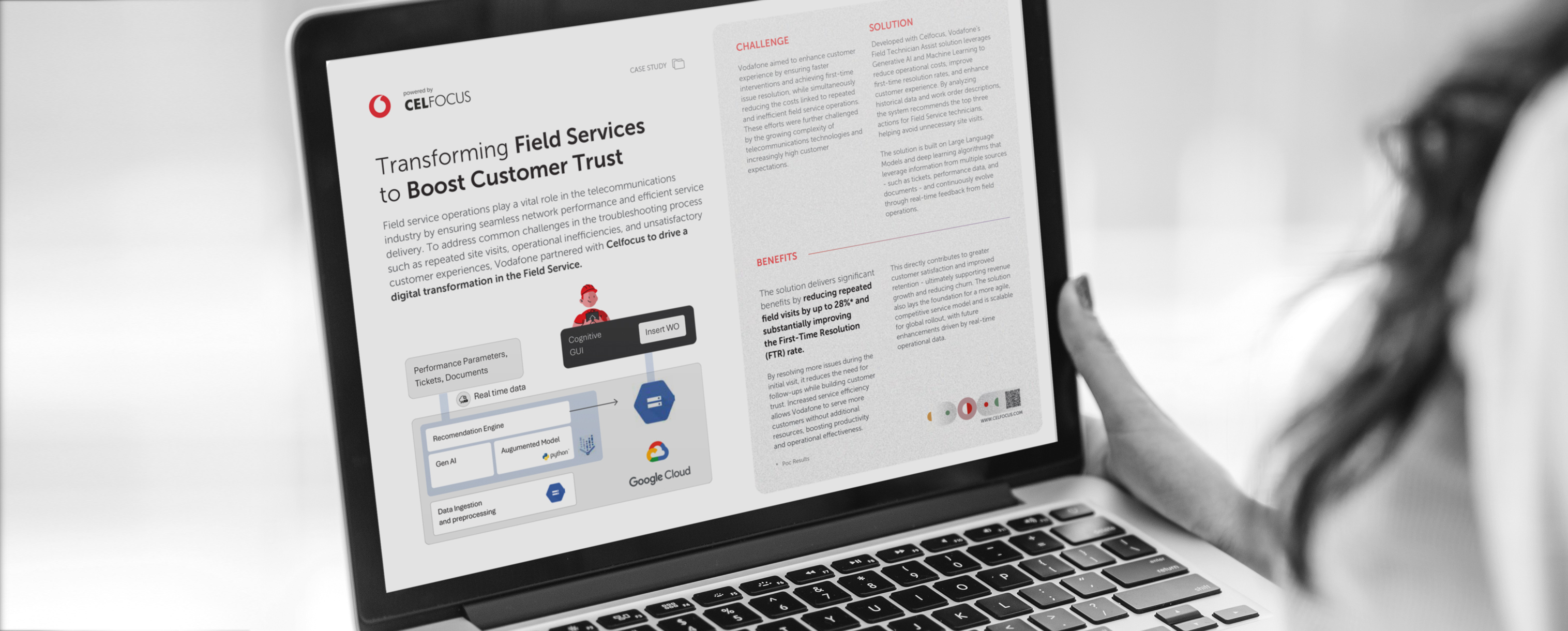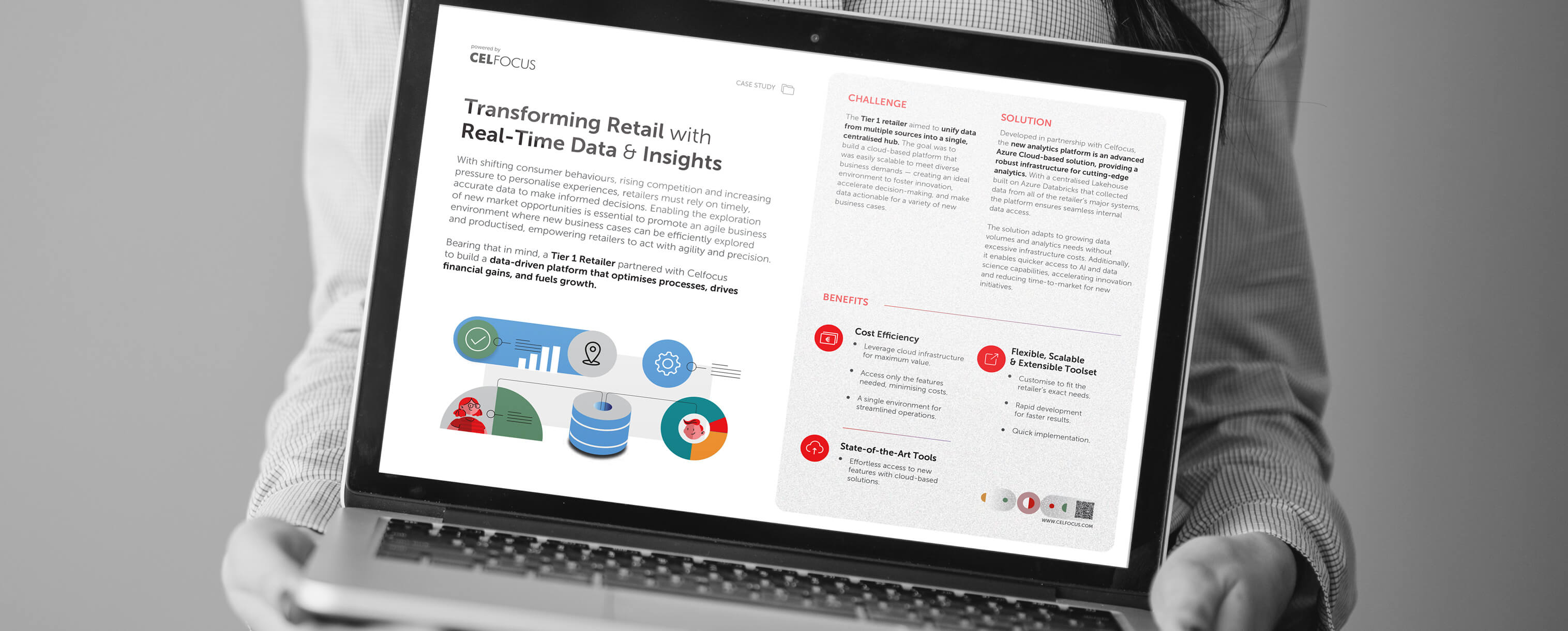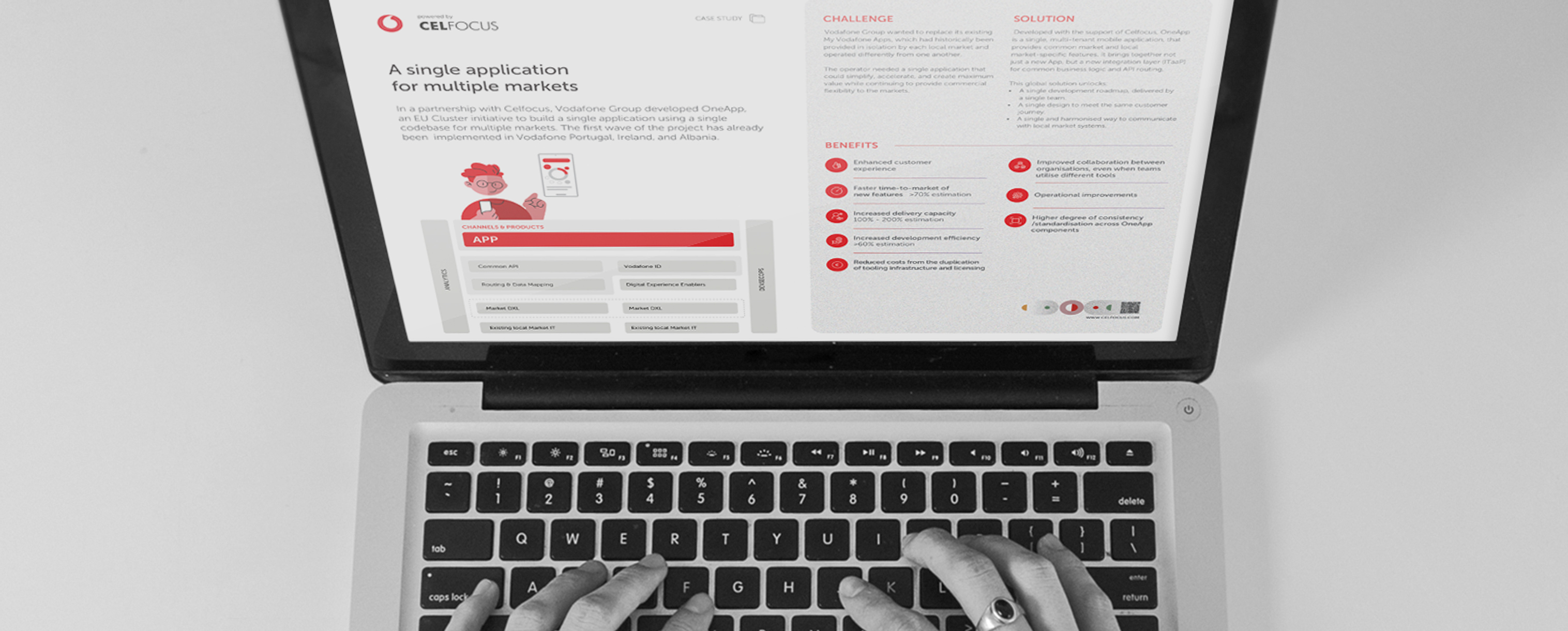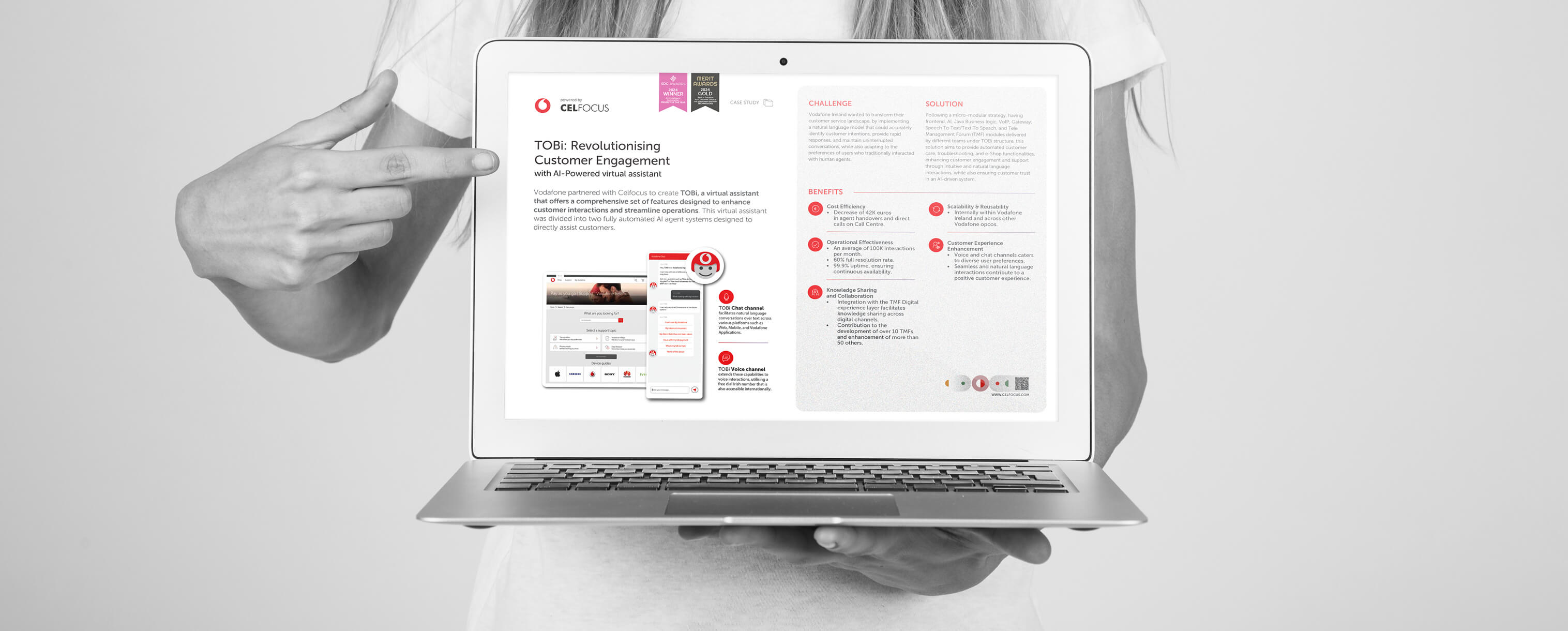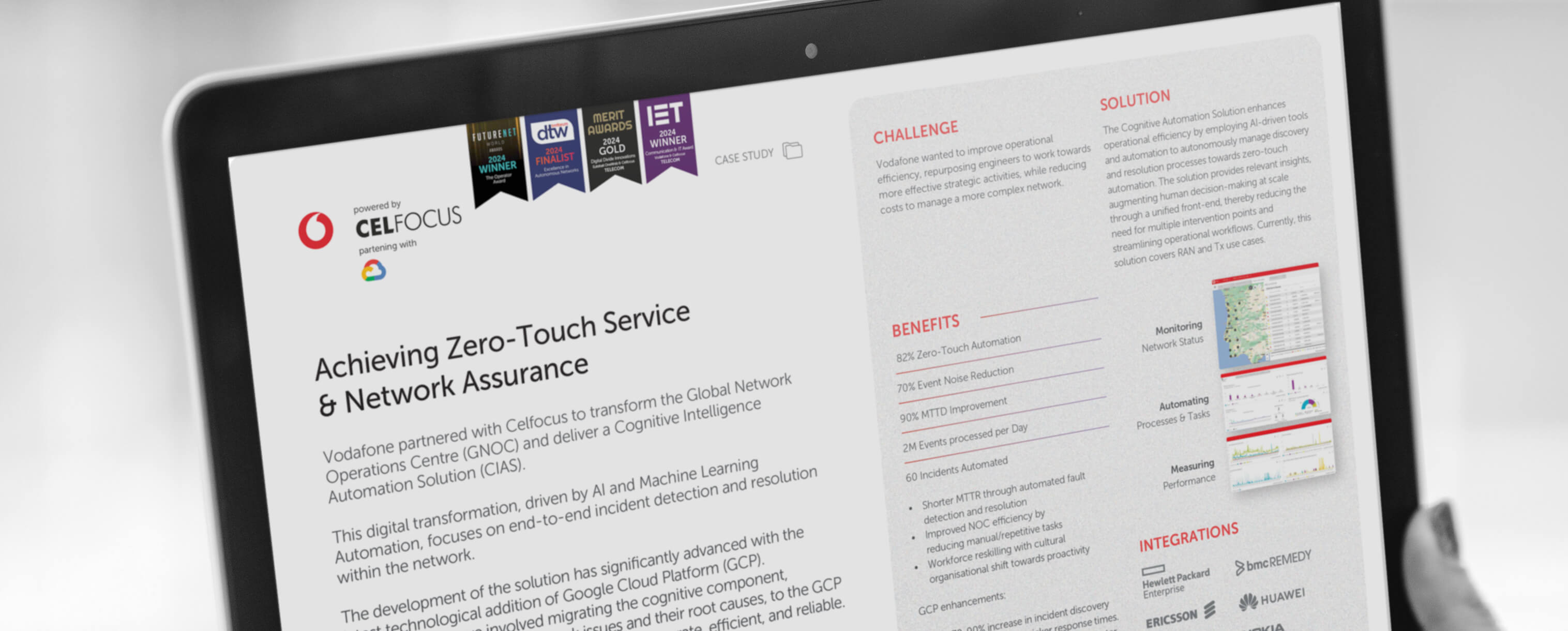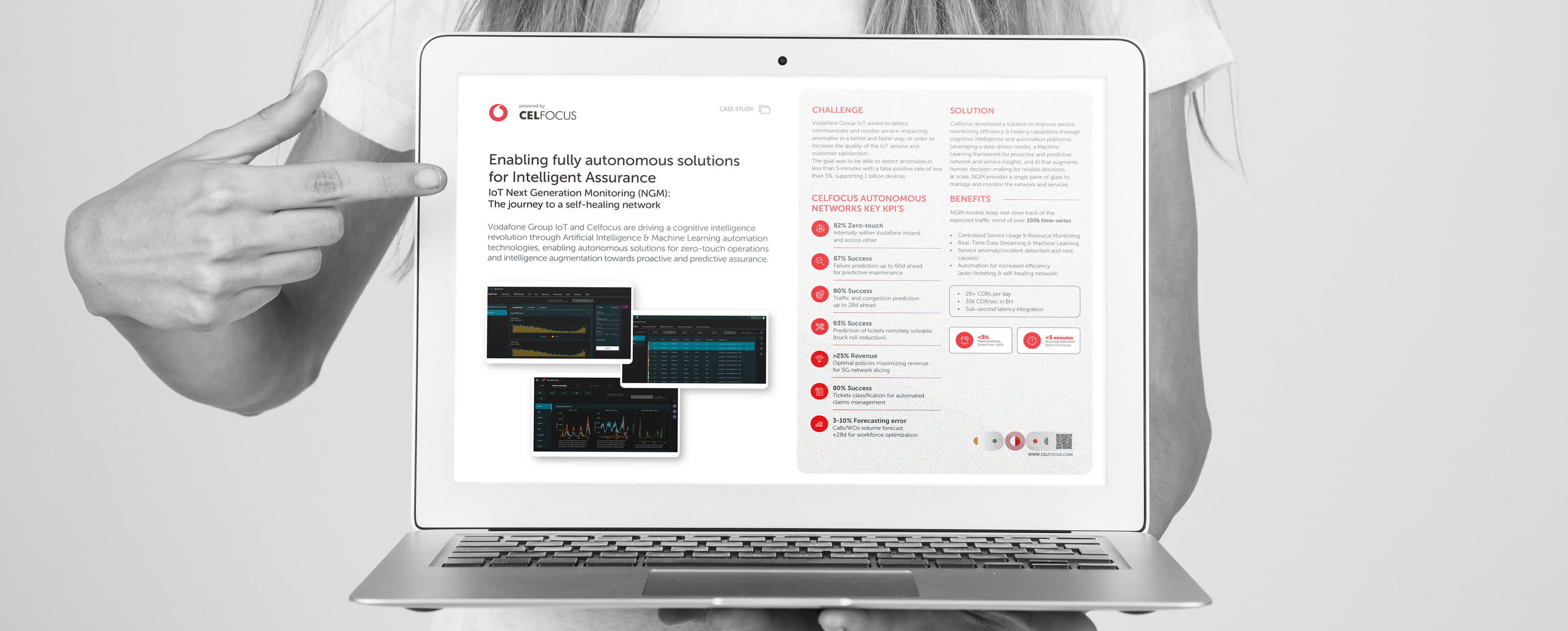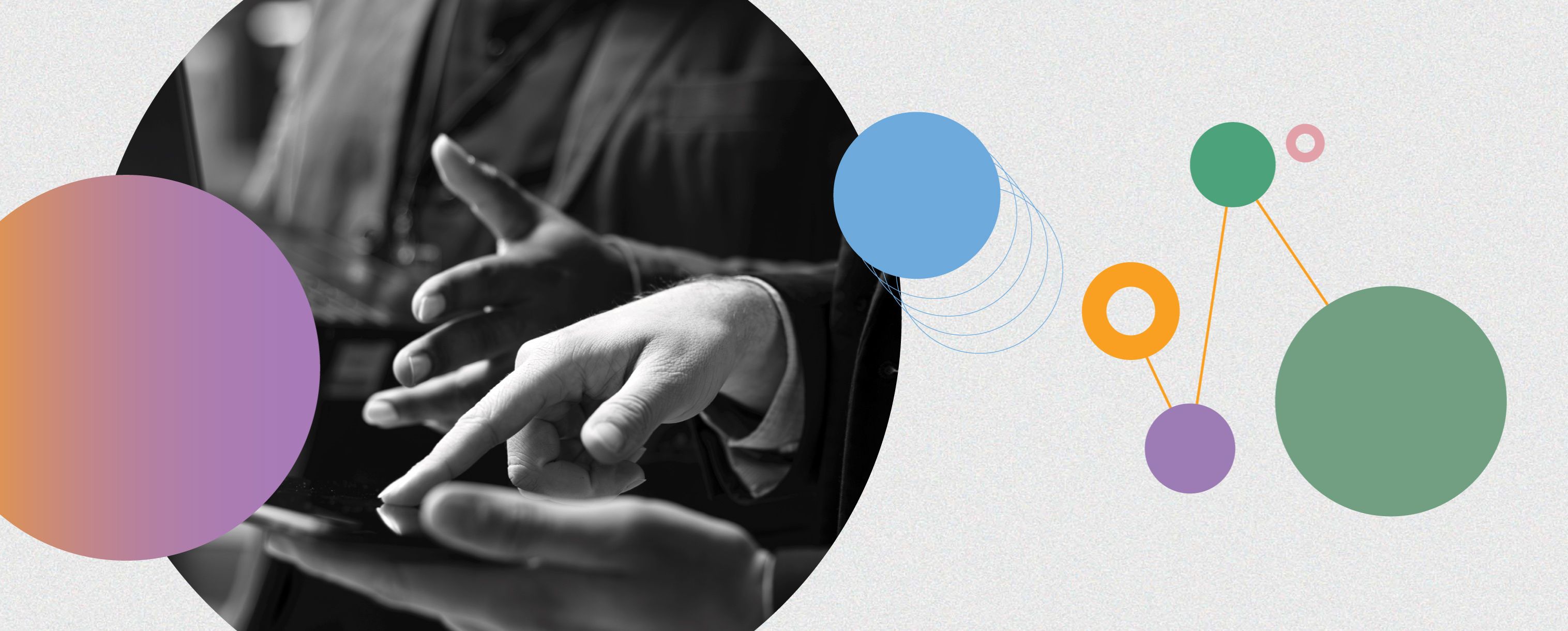|---Module:text|Size:Small---| According to a recent Boston Consulting Group study, European consumers use 9 loyalty programs on average, compared to 15 for US consumers. But why are usage levels lower than ever before, even though loyalty and reward programs are a part of our everyday lives?
A Sign of the Times: As customer base changes, so does their behaviour
Let’s examine the structure of the majority of loyalty programs in use today. Conventional loyalty programs function independently, using a single app, card, and business. Customers are forced to manage multiple cards, apps, and accounts in order to redeem rewards, which fragments the experience. Larger ecosystems with multiple business partners have been established by some companies, but because they are dominated by one company, the benefits are frequently uneven. Then come the typical annoyances: rigid rules, non-transferable points, and customer-penalising expiration dates. Customers are frequently pressured by these rules to make rushed decisions or to stop using the program completely.
Consumers who are searching for experiences and brands that align with their values and lifestyles are posing a challenge to loyalty programs that previously only focused on customer retention. As a result, consumers are switching to brands that more closely align with their beliefs. Along with expecting meaningful rewards for their loyalty, often ones that fit their lifestyle rather than being associated with a particular brand, they also want to feel valued and understood. Customer expectations have increased as a result, with speed, convenience, quality, transparency, and trust now considered the new standard. For businesses, things have also changed. Businesses are now competing globally rather than just locally as a result of lower entry barriers brought about by global economic shifts, the growth of e-commerce, and the emergence of digital platforms.
Opportunity to Build Differently
After the COVID-19 pandemic, the Portuguese Government, in collaboration with the European Union, implemented the Portuguese Recovery and Resilience Plan (PRR) to facilitate digital and green transformation initiatives, creating new avenues for innovation for companies like Celfocus.
As part of the Blockchain.pt PRR programme, one of the initiatives aims to enhance the competitiveness of local businesses while promoting digital literacy across society – bringing benefits to both consumers and enterprises. Celfocus has joined this initiative to help rethink the role of rewards in the digital economy, leveraging the advantages of blockchain technology together with Celfocus’s Omnichannel solution.
|---Module:text|Size:Small---|
The Interconnectedness Paradigm
Celfocus created the RewardsHub, a Multi-Party Rewards Platform, marking a significant change in the way businesses handle client loyalty. Businesses no longer work alone; instead, they cooperate, build partnerships, and pool resources to provide partners and customers with a smooth, integrated experience. This strategy helps businesses grow and adjust to shifting market conditions while reducing costs and risk. Customers, on the other hand, can gain the power of choice in a decentralised ecosystem where big and small businesses coexist.
Aligned with our commitment to interconnected thinking, Celfocus has partnered with NOVA School of Business & Economics (NOVA SBE) – a globally recognised Portuguese business school – to bring economic modelling expertise and scientific rigour to the platform’s development. This collaboration highlights the power of industry–academia partnerships in driving innovation.
|---Module:text|Size:Small---|
Everyone wins
A big part of the interconnectedness paradigm comes from a balanced ecosystem. Everyone should win. For businesses, the RewardsHub delivers compelling value:
- Retention and Acquisition: Within the shared ecosystem, businesses both keep existing customers and gain new ones through partner networks. Each partner’s customer base becomes a potential market for the entire ecosystem.
- Brand Awareness and Loyalty: By offering customers rewards and customised offers based on their habits, the platform enhances brands and fosters customer loyalty.
- Operational Efficiency: The platform simplifies operations by automating point tracking, redemption, reconciliation, and traditional loyalty program procedures. Costs are reduced, and resources are freed up for innovation or business-as-usual.
- “Making data actionable”: Businesses can make better decisions and improve marketing tactics, such as awarding more points during a particular time of day when there are typically fewer customers, by having access to aggregated customer data.
Customers also benefit from it:
- One Experience: One central place manages all loyalty activities, eliminating the hassle of multiple cards or apps.
- Greater Value: The platform maximises reward opportunities through multiple earning options, exclusive offers, and personalised rewards. Points can be transferred to friends and family or used across different products and services.
- Transparency & Trust: Blockchain is mostly known for its association with cryptocurrency. Its second most known feature is its ability to ensure secure and transparent transactions while maintaining the integrity of the program.
Consider the following scenario: you are a member of TELCO, your CSP’s loyalty program. Now consider that your CSP has subsidiaries all over the world. When your plane lands after your vacation overseas, you don’t receive the typical generic message:
“Welcome to [Country], here are your roaming charges”. You get something different. Something that feels personal:
“Welcome! We’re glad to have you with us. As a loyal TELCO customer, check the app to see all the perks waiting for you during your trip. Enjoy your stay.“
Notice the difference? It feels more personal – and most customers agree. They’re also taking advantage of the benefits more often, discovering and engaging with new partners on the platform they might not have explored otherwise. TELCO has evolved beyond connectivity; it’s now an integral part of the customer’s lifestyle.
Living Lab – put it to the test
Celfocus is now in the final stage of development and testing through a real-life pilot in the Municipality of Fundão, one of Portugal’s most innovative and entrepreneurial municipalities. In Fundão, RewardsHub is empowering local businesses to compete on a global scale while strengthening the local economy through the creation of a vibrant ecosystem. This benefits citizens who choose to support local shops by making loyalty programmes accessible to both small businesses and everyday customers. The platform equips businesses with digital marketing tools that would otherwise require significant investment. Meanwhile, customers can continue enjoying their favourite local cafés while earning points to spend at other nearby businesses – like the market known for the best Fundão cherries or the new bulk store everyone’s talking about, famous for its incredible spices.
The future is now
We’re moving toward a future where loyalty isn’t just about points or perks. It’s about meaningful connections. Every interaction becomes a chance to create real value for both sides, and data isn’t just something collected and stored, it’s put to work to build stronger, more personal relationships between companies and their customers. Celfocus RewardsHub embodies this new paradigm. Powered by blockchain, advanced analytics, CELFOCUS Omnichannel solution and a scalable architecture, we’re not just building a platform, we’re enabling CSPs to develop and expand while providing customers with the autonomy, openness, and customisation they desire.










